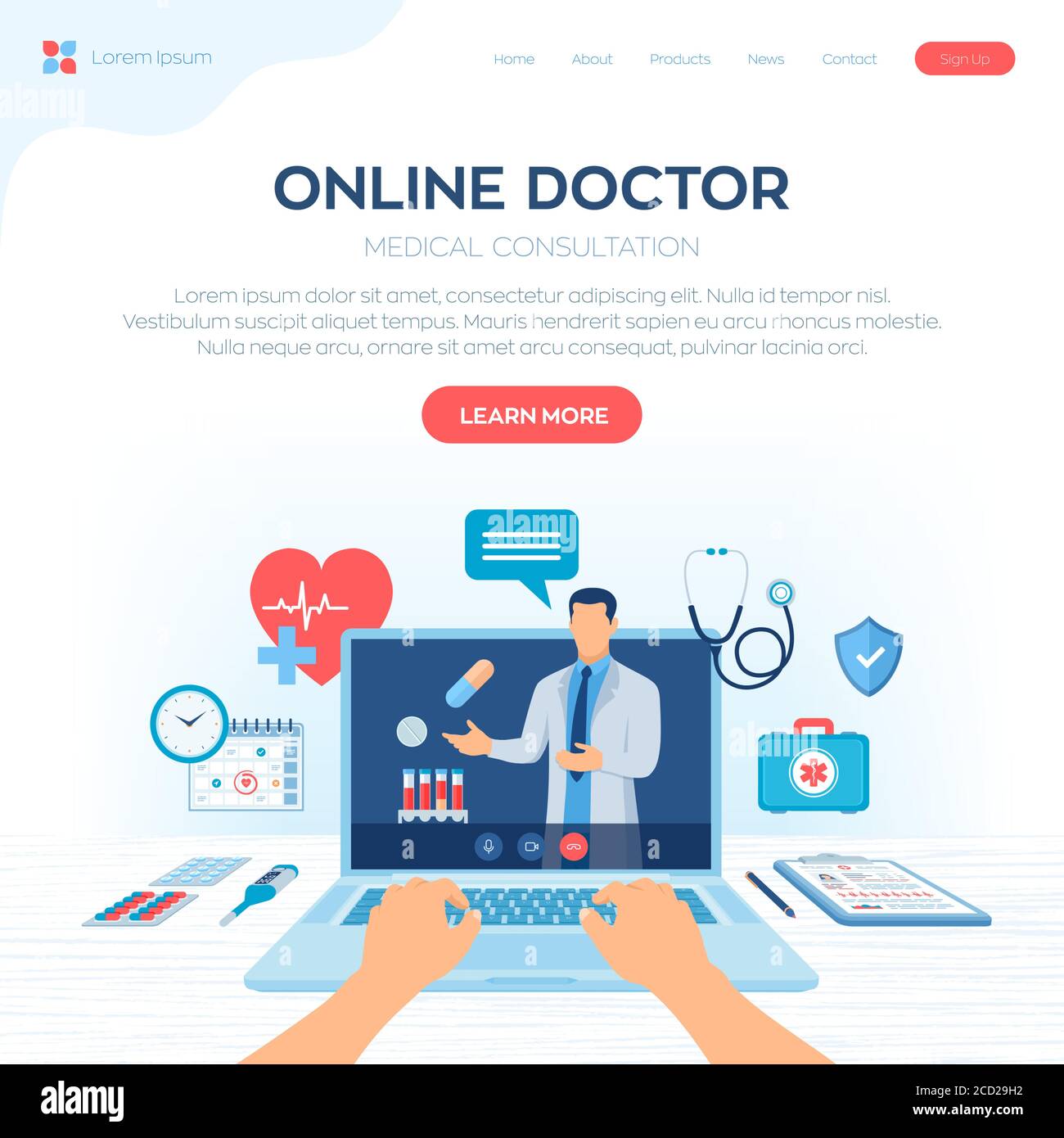Why Subscription Based Healthcare is Gaining Popularity Among Patients Today
Why Subscription Based Healthcare is Gaining Popularity Among Patients Today
Blog Article
Browsing the Future of Medication With Subscription-Based Health Care Services
As the healthcare market evolves, subscription-based services arise as a critical design promising to improve individual treatment delivery. The responses to these concerns can fundamentally alter our strategy to healthcare.
Surge of Subscription Health Care
As medical care systems all over the world face boosting stress from increasing expenses and need for solutions, the introduction of subscription-based health care versions has emerged as a transformative pattern. This ingenious method is interfering with conventional health care shipment by using a foreseeable, flat-rate payment structure for medical services. Rooted in the principles of attendant medication, subscription-based medical care allows carriers to concentrate on personalized patient care while concurrently handling operational effectiveness.
The surge of this version can be credited to several factors. Technical developments have actually made it possible for much more smooth combination of care through telehealth and electronic wellness documents, assisting in the scalability of registration solutions. The raising consumer demand for openness and predictability in health care costs has driven the change towards this version. Subscription-based solutions commonly use direct accessibility to healthcare experts, which can reduce the administrative problems related to insurance coverage claims and reimbursements (subscription based healthcare).
This version is gaining grip among varied healthcare service providers, from medical care physicians to specialized facilities, by lining up economic incentives with continual and precautionary treatment. By shifting the focus from quantity to value-based care, membership medical care has the potential to reshape the landscape, promoting a more patient-centered and lasting approach to health and wellness monitoring.
Benefits for People

In addition, subscription-based solutions often emphasize precautionary treatment, motivating routine examinations and health and wellness screenings. This proactive technique can cause very early discovery of wellness concerns, possibly boosting results and minimizing lasting medical care prices for people. In addition, such versions commonly provide transparent pricing, allowing patients to much better comprehend their medical care expenditures and prevent unexpected medical costs.
The customized nature of subscription-based medical care also improves person experience. Patients can get customized healthcare plans that match their details needs, cultivating a more patient-centric method.
Modern technology's Duty in Transformation

Expert system (AI) plays an important duty in predictive analytics, assisting in early medical diagnosis and tailored therapy plans. AI algorithms evaluate large datasets to identify patterns that could be overlooked by human monitoring, thus improving professional decision-making. Digital health documents (EHRs) improve patient information monitoring, ensuring connection and coherence of care across different solutions and suppliers.
Blockchain modern technology improves information safety and personal privacy, important this contact form for maintaining person rely on electronic platforms. It makes it possible for safe and secure and clear transactions of medical information, ensuring that delicate details stays secured. With the combination of artificial intelligence and AI, blockchain can automate complicated medical care processes, decreasing management worries.
Difficulties and Considerations
While modern technology moves the abilities of subscription-based medical care services, it likewise introduces a set of difficulties and factors to consider that need to Get More Information be resolved to guarantee successful implementation. One significant obstacle is the fair access of these services. As subscription designs commonly count on electronic systems, there is a risk of exacerbating the electronic divide, leaving behind people without web gain access to or digital proficiency. Guaranteeing these solutions do not disproportionately benefit only tech-savvy and affluent populaces is imperative.
Information privacy and protection stand for one more vital consideration. Subscription-based services commonly involve the collection and storage space of vast quantities of personal wellness info. Carriers have to stick to rigorous information security guidelines to preserve individual trust fund and avoid unapproved accessibility, which could lead to considerable honest and legal effects.
Furthermore, the sustainability of subscription models poses an obstacle. As healthcare requires develop, preserving an economical equilibrium between subscription fees and solution top quality is essential to avoid person discontentment and attrition. Additionally, integrating these services within traditional health care systems requires seamless interoperability between systems, which is commonly a facility and resource-intensive undertaking. Attending to these challenges is necessary as subscription-based health care solutions continue to develop and broaden.
Future Effects for Medication
Subscription-based medical care services are positioned to dramatically influence the future landscape of medicine by improving exactly how care is accessed and supplied. These versions provide the possible to equalize health care accessibility, providing people with more tailored and timely interventions. By leveraging innovation, such as telemedicine and data analytics, registration solutions can promote constant monitoring and customized wellness administration, hence boosting end results and lowering the burden on traditional health care systems.
As these solutions gain traction, they can boost a change towards preventative care, page emphasizing the importance of very early discovery and administration of chronic problems. This aggressive technique may eventually decrease medical care prices by alleviating the requirement for costly treatments developing from late-stage condition monitoring. In addition, registration models supply a scalable remedy to address differences in health care gain access to, specifically in country or underserved populaces.
However, the transition in the direction of subscription-based models necessitates addressing regulatory and honest considerations, including data personal privacy and fair access. As the industry develops, joint initiatives in between policymakers, modern technology developers, and medical care companies will certainly be vital to developing durable structures that safeguard client passions while promoting development. Ultimately, these solutions promise to contribute considerably to a more effective, patient-centered healthcare ecological community.

Verdict
Subscription-based healthcare services represent a substantial advancement in the medical field, supplying predictable costs and personalized treatment that improve ease of access and prioritize safety nets. Technical advancements, such as telemedicine and AI-driven analytics, promote customized person experiences, boosting general health and wellness end results. Nonetheless, difficulties such as information personal privacy and equitable access should be dealt with to guarantee the prevalent benefits of these services. As the health care landscape develops, membership designs are positioned to play an important role fit the future of medicine.
As the health care sector advances, subscription-based services emerge as a pivotal design assuring to reshape patient treatment distribution.As health care systems around the globe face enhancing pressures from increasing prices and demand for solutions, the introduction of subscription-based medical care versions has actually arised as a transformative pattern (subscription based healthcare).With the surge of subscription-based health care versions reshaping conventional healthcare shipment, people are starting to experience substantial advantages from this ingenious strategy. As health care needs develop, preserving a cost-efficient equilibrium in between membership costs and solution quality is important to stop individual frustration and attrition.Subscription-based health care solutions are positioned to significantly influence the future landscape of medication by reshaping just how care is accessed and provided
Report this page